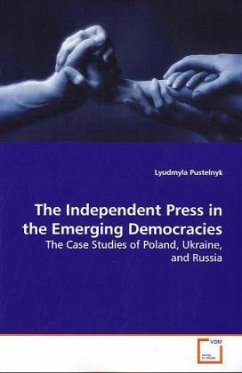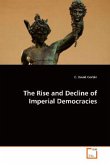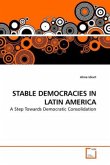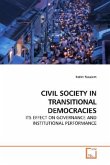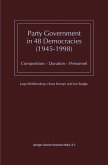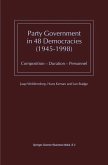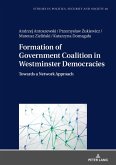Within the recent decades, media freedom is among
the dominant themes of the post-communist discourse.
In the same way as the independent press is
considered to be an essential part of the democratic
society existence, democracy is not possible without
the free press. Yet the mentioned two concepts are
not always intertwined in cases of transitional
nations. This book addresses the relationship
between press and regime from the angle of the
comparative studies of the emerging democracies,
which are Poland, Ukraine, and Russia. The
interaction between media laws, civil society, and
economic performance that constitute press freedom
was investigated to find out which of these
variables has the major impact in the state of media
independence. Findings show that the longevity of
civic traditions matters in how society and
journalists understand press freedom. Specifically,
the civic culture in Poland positively correlates
with its vigorous independent media. In Russia and
Ukraine civil society is not institutionalized yet,
and the press freedom has not become an inseparable
part of the public consciousness in these countries.
the dominant themes of the post-communist discourse.
In the same way as the independent press is
considered to be an essential part of the democratic
society existence, democracy is not possible without
the free press. Yet the mentioned two concepts are
not always intertwined in cases of transitional
nations. This book addresses the relationship
between press and regime from the angle of the
comparative studies of the emerging democracies,
which are Poland, Ukraine, and Russia. The
interaction between media laws, civil society, and
economic performance that constitute press freedom
was investigated to find out which of these
variables has the major impact in the state of media
independence. Findings show that the longevity of
civic traditions matters in how society and
journalists understand press freedom. Specifically,
the civic culture in Poland positively correlates
with its vigorous independent media. In Russia and
Ukraine civil society is not institutionalized yet,
and the press freedom has not become an inseparable
part of the public consciousness in these countries.

